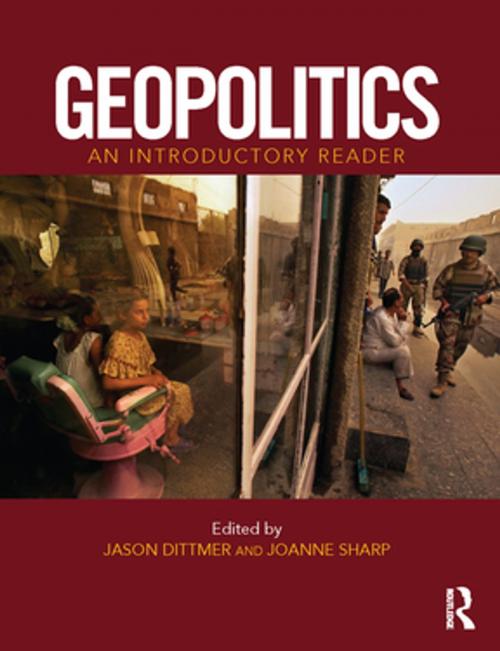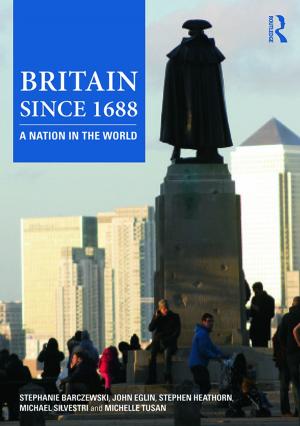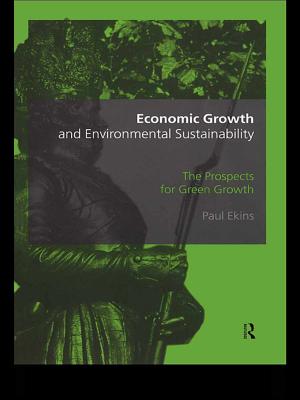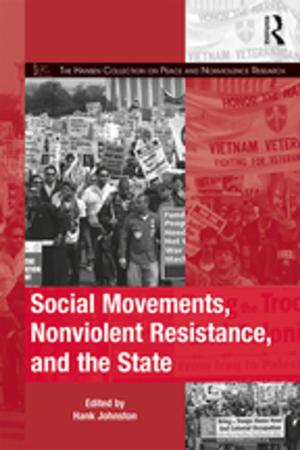Geopolitics
An Introductory Reader
Nonfiction, Science & Nature, Science, Earth Sciences, Geography, Social & Cultural Studies, Political Science, International, International Relations, History| Author: | ISBN: | 9781136201998 | |
| Publisher: | Taylor and Francis | Publication: | June 27, 2014 |
| Imprint: | Routledge | Language: | English |
| Author: | |
| ISBN: | 9781136201998 |
| Publisher: | Taylor and Francis |
| Publication: | June 27, 2014 |
| Imprint: | Routledge |
| Language: | English |
It has been increasingly impossible to think about our changing world without coming across the term 'geopolitics'. In the wake of the invasion and occupation of Iraq by the United States, United Kingdom, and others, geopolitics has been offered as an explanation for the occupation's failure to reinvent the Iraqi state and as a blueprint for future action. But what is 'geopolitics'?
Drawing both on academic and political material, this book introduces readers to the concept of geopolitics, from the first usage of the term to its more recent reconceptualisations. The concept of geopolitics is introduced through four thematic sections - Imperial Geopolitics, Cold War Geopolitics, Geopolitics after the Cold War and Reconceptualising Geopolitics. Each section includes key writings from a range of diverse and leading authors such as Said, Agnew, Dalby, O Tuathail, Gregory, Barnett and Kaplan, and is accompanied by a critical introduction by the editors to guide the reader through the material. This Reader establishes the foundations of geopolitics while also introducing readers to the continuing significance of the concept in the 21st century.
This Reader provides an essential resource that exposes students to original writing. The Editors provide a pathway through the material with Section Introductions to assist the readers understanding of the context of the material and impacts of the writings. The readings included draw from a range of authors, writing from a range of locations. The Reader concludes with the latest changes in geopolitical thought, incorporating feminist and other perspectives.
It has been increasingly impossible to think about our changing world without coming across the term 'geopolitics'. In the wake of the invasion and occupation of Iraq by the United States, United Kingdom, and others, geopolitics has been offered as an explanation for the occupation's failure to reinvent the Iraqi state and as a blueprint for future action. But what is 'geopolitics'?
Drawing both on academic and political material, this book introduces readers to the concept of geopolitics, from the first usage of the term to its more recent reconceptualisations. The concept of geopolitics is introduced through four thematic sections - Imperial Geopolitics, Cold War Geopolitics, Geopolitics after the Cold War and Reconceptualising Geopolitics. Each section includes key writings from a range of diverse and leading authors such as Said, Agnew, Dalby, O Tuathail, Gregory, Barnett and Kaplan, and is accompanied by a critical introduction by the editors to guide the reader through the material. This Reader establishes the foundations of geopolitics while also introducing readers to the continuing significance of the concept in the 21st century.
This Reader provides an essential resource that exposes students to original writing. The Editors provide a pathway through the material with Section Introductions to assist the readers understanding of the context of the material and impacts of the writings. The readings included draw from a range of authors, writing from a range of locations. The Reader concludes with the latest changes in geopolitical thought, incorporating feminist and other perspectives.















